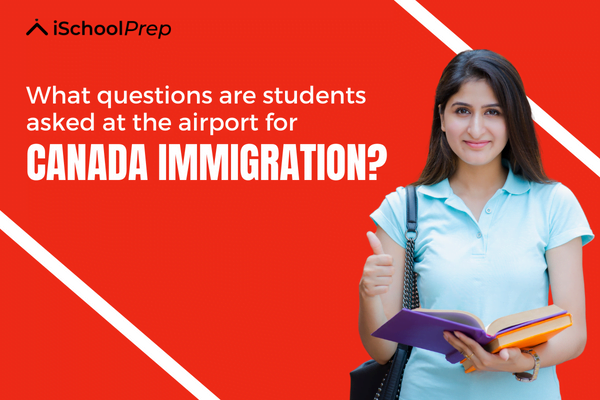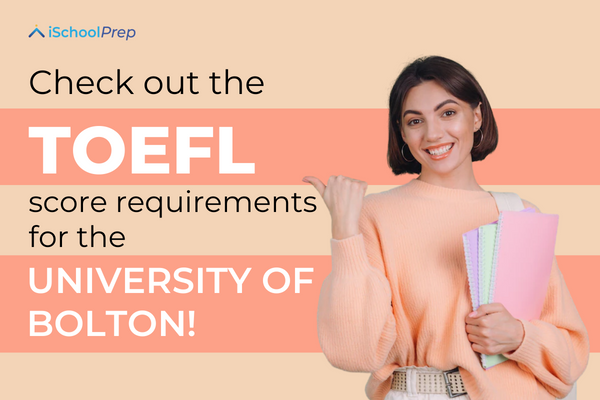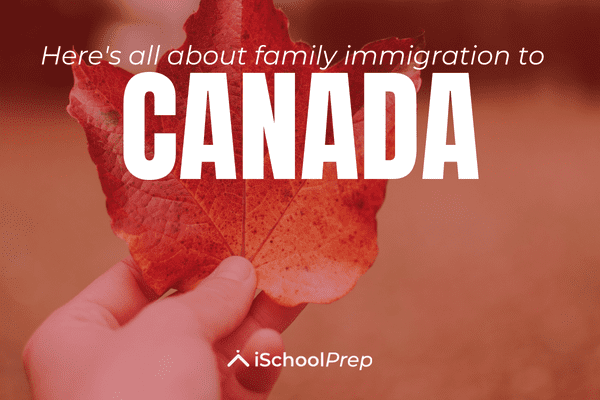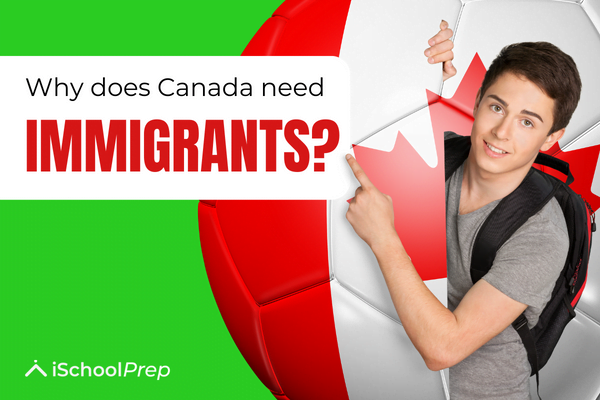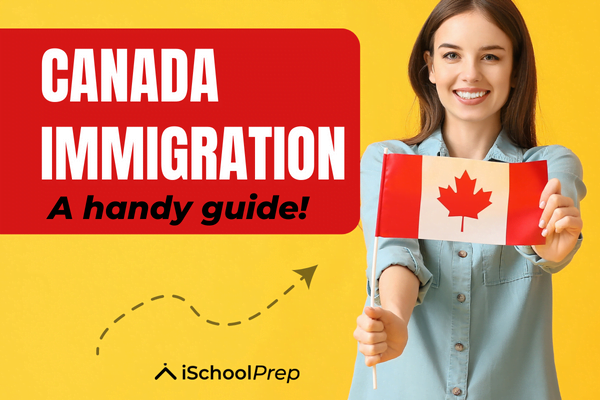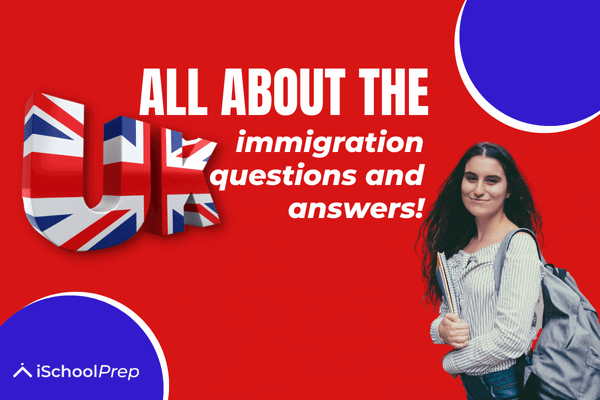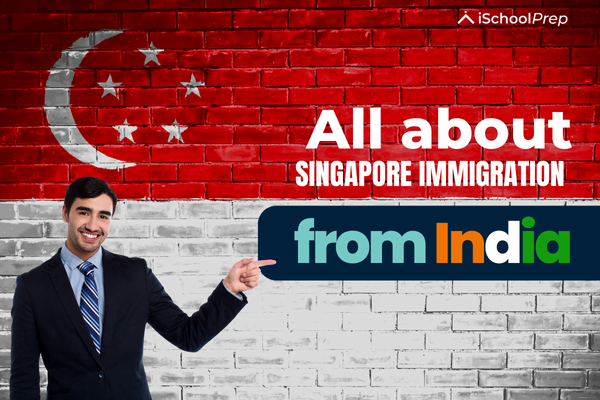Table of Contents
Everything you need to know about Canada immigration questions | Importance
Understanding the Canada immigration questions at the airport can help international students better prepare for their arrival in Canada and ensure a safe and smooth transition. The Canadian Border Service Agency’s (CBSA) personnel can grant you entry into the nation, deny your request, or even detain you if something goes significantly wrong during your engagement with them.
Remember that they have the authority to deny entrance regardless of whether you have been granted permission to enter Canada as a student. As a result, addressing Canadian immigration questions becomes critical if you do not want to take any risks.
What to expect at the Canadian border?
International students are frequently perplexed about the process that will be followed at the Canadian border during immigration. Here is a reference for what you should expect during the process.
First and foremost, prepare for your border crossing by reading the helpful suggestions of Immigration, Refugees, and Citizenship Canada (IRCC). Also, consider the restrictions and regulations of entering the country and specific documents you may need to show at customs.
Step 1: Check that your immigration documents are valid and in good order.
It is important to carry the following documents-
- A valid passport
- A temporary Resident Visa (TRV) or Electronic Travel Authorization (eTA) (if necessary)
- An SFU admission letter
- Proof of money
- An IRCC letter of introduction with you (if applicable; only needed for study permits).
- SFU confirmation of enrollment letter (which may be downloaded from your student account).
A border services officer will give your study permit following an examination.
Step 2: Check the particulars of your study permit.
Verify all the particulars mentioned on your study permit. Check that your name, expiry dates, and other information on the study permit provided to you by the border officer are correct. Check that the clause “may accept employment” or “may work in Canada” is included on your study visa, as this is essential to applying for a Social Insurance Number (SIN) and working in Canada.
Step 3: Prepare yourself for interview questions.
How well you answer Canada immigration questions will determine whether or not you are granted entry into Canada. At the border, provide honest, consistent, and accurate information. Prepare to answer questions about what you plan to accomplish and how long you intend to stay in Canada. If you do not understand the questions, an interpreter may be provided; nevertheless, service is normally available in English and French.
Step 4: Be patient during the process.
Be patient when crossing the border. During peak times, you should expect to wait several hours at the border, during which you may be prohibited from using your phone or leaving the immigration and customs area.
Interview process | A detailed overview
Once international students arrive in Canada, they must go through the immigration process. An officer will request your passport or travel documents and interview you further. At the time of your arrival in Canada, you will be subjected to two screening interviews. After completing the interview, all your documents are cross-checked, and a study permit is issued.
Canada immigration questions for students at the airport will include questions about your background, country of origin, and reasons for wanting to study in Canada. Let’s see a detailed overview of the same-
First interview
The first interview involves official documentation. A CBSA officer will ask for your visa and travel documents for your initial interview. The officer on duty would check that you and any family members traveling with you (if any) have the right travel paperwork and inquire about your health.
The following is a list of possible questions that a CBSA officer may ask international students upon their arrival in Canada to begin their studies-
- Do you intend to travel with your family?
- Have you ever been convicted of a major offense in your own country?
- Which school will you attend in Canada?
- Which program do you have at this school?
- How long will your program in Canada last?
- Where are you going to stay?
- Who will cover your expenses here?
- Have you already paid your tuition?
- What are your plans after you complete the program?
- For how long will you be staying in Canada?
- How much cash do you have on you?
- Are you in good health?
- Have you ever traveled to Canada?
Following your initial interview, you will meet with another CBSA officer. This officer will examine the belongings you carry with you. However, you will interact with the same officer twice at ports of entry.
Second interview
The second interview will ask you to declare what you’re bringing into Canada. The officer will request your declaration card. You must inform the officer that you have arrived in Canada to apply for immigration.
You must provide the officer with a list of things you are taking with you and a list of goods that will arrive later. The officer will review both lists with you and may inquire about some of the items. The officer may also inspect your luggage. Expect the following questions to be asked-
- What exactly are you bringing to Canada?
- Do you bring any live animals or plants?
- Are you carrying any firearms, ammo, or fireworks?
- Are you carrying any meat or dairy products?
- Are there any fresh fruits and vegetables?
- Do you own anything made by an endangered species?

Documents needed at the airport
Along with preparing for important Canadian immigration questions asked at the airport, it is critical to bring the necessary documents. Here is a list of the important documents that are requested at the border-
- Your letter of approval for your IRCC study permission is required.
- A letter of acceptance from the Canadian institution.
- Proof of your tuition deposit to the school (if not already paid in full for applicants in the Student Direct Stream).
- If your Letter of Acceptance is unconditional, your IELTS, TOEFL, or French Exam score is required, and students must have a minimum score to enroll in this program in Canada.
- If you applied through the Student Direct Stream, you must provide proof of finances or a copy of your GIC certificate.
Key takeaways
- The Canada immigration questions hold a lot of significance. Therefore it is advised to be genuine, sincere, and frank. Moreover, you can seek the help of counselors to practice some sessions.
- It is best to polish your speaking skills beforehand. Pay close attention to the questions asked and then answer them with confidence.
- Ensure that all your important documents are in order before departure.
Visit our website to read more such interestings blogs!
Like this blog? Also, check out our other blog- Ontario Immigrant Nominee Program.
FAQs
Question 1. Am I interviewed upon my arrival in Canada?
Answer. Once students arrive at a Canadian airport, they are interviewed by the immigration officer.
Question 2. Do I need to show any documents at the time of immigration?
Answer. Yes, before crossing the Canadian border, a student has to show the relevant documents. Refer to the article above for a complete list of documents.
Question 3: Can I submit my customs and immigration information before flying?
Answer. You can use ArriveCAN’s Advance CBSA Declaration feature to submit your customs and immigration declaration in advance.
